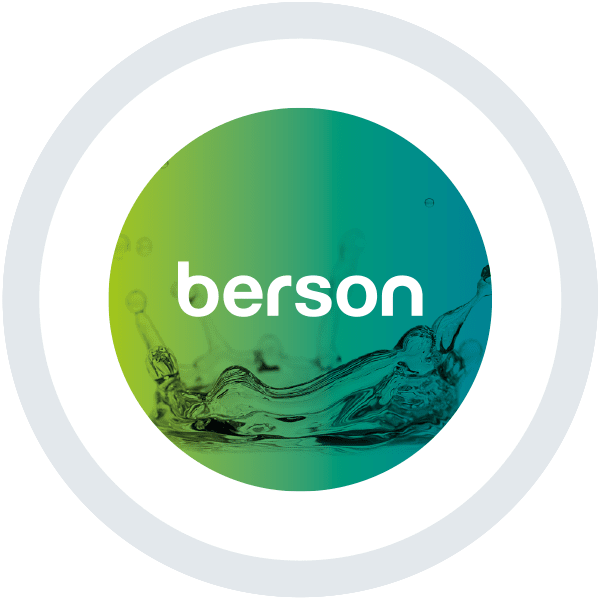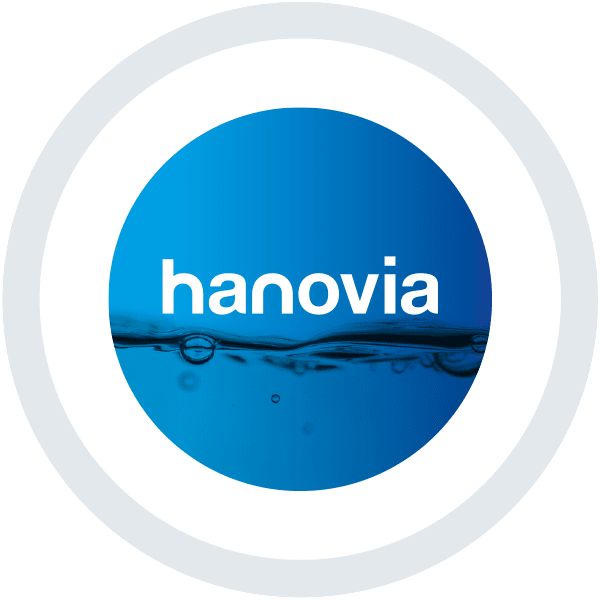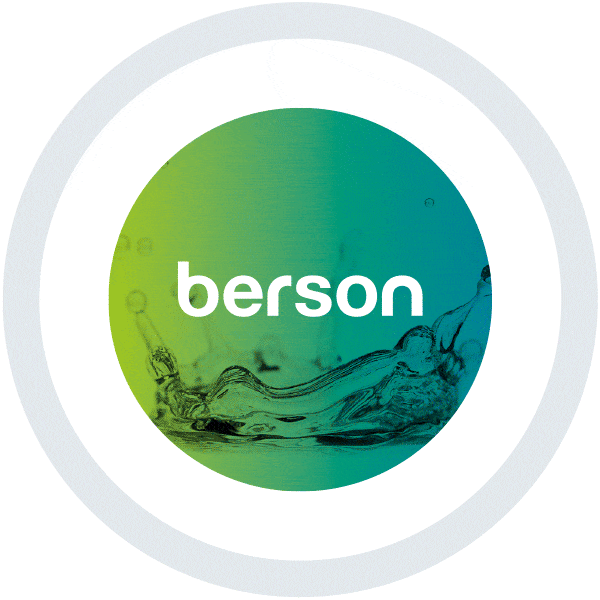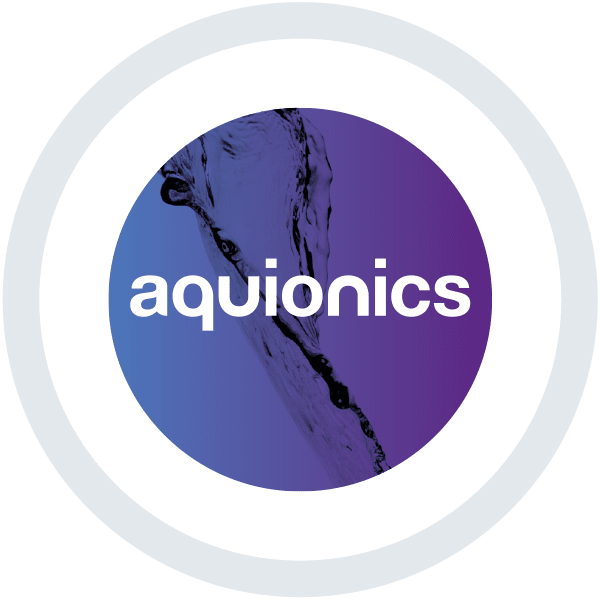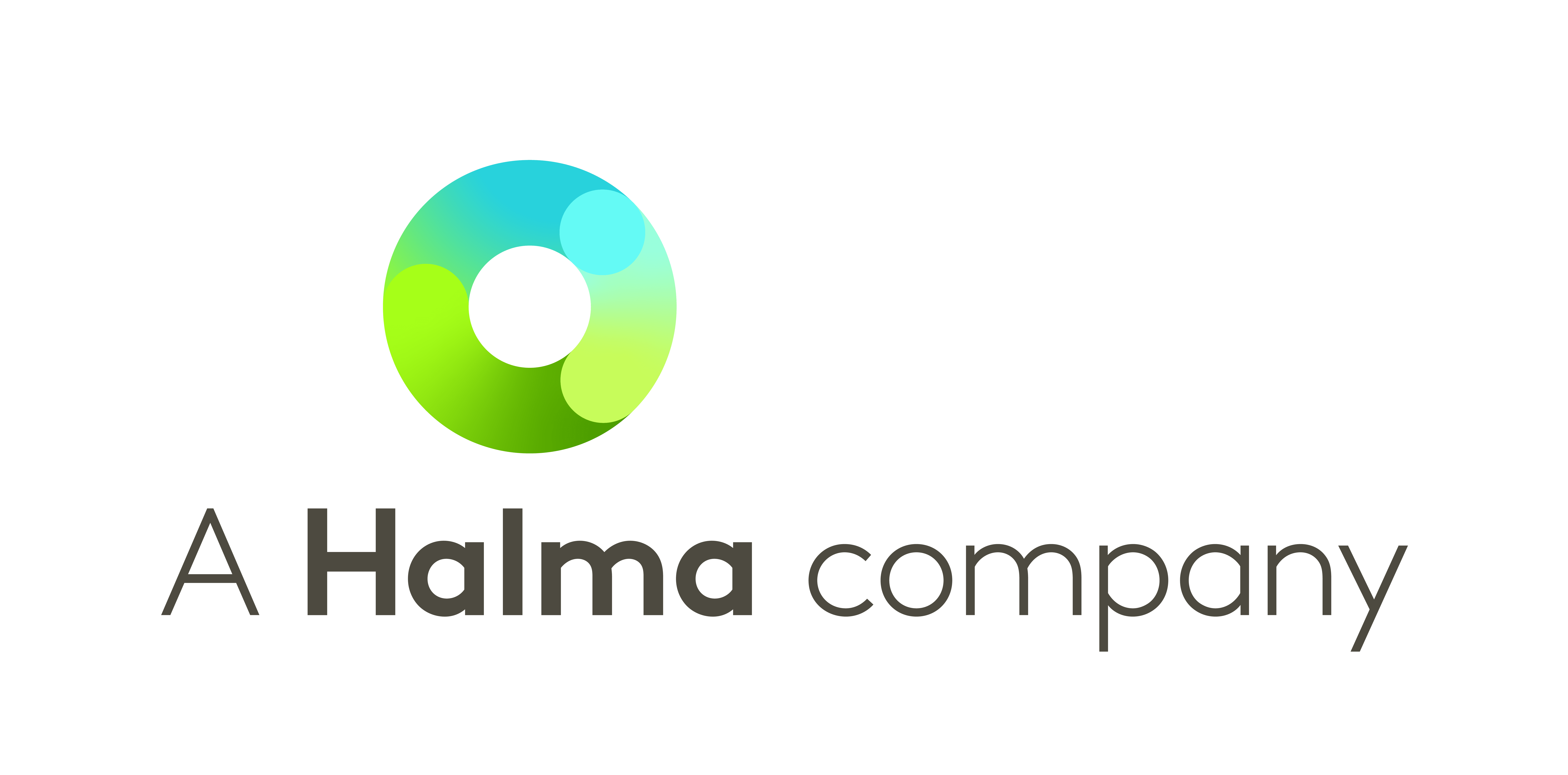How UV plays a key role in protecting water from contamination (Aquatech blog 4 of 4)
For over 100 years chlorine has been the most common water disinfectant. It is easy and inexpensive to produce and is highly effective at destroying microorganisms. Its most common use is a residual disinfectant in municipal water supplies for both domestic and industrial consumers. Many manufacturers also use chlorine in their manufacturing processes, either to ensure optimum disinfection or as a CIP (Clean in Place) chemical for process equipment. With standards agencies around the world focusing on further minimizing the risk of microbiological contamination, and manufactures constantly striving for brand quality and a reduced carbon footprint, ultraviolet (UV) water treatment is seeing a growth in both municipal and industrial markets. It provides a non-chemical method of water treatment by damages the DNA of microorganisms, rendering them unable to reproduce and effectively killing them.
The global UV municipal market value in 2015 was US $308 million and is predicted to grow 16% over the next five years, while the industrial UV market was worth US$206 million in 2015 and is forecast to grow to $360 million by 2020 an 11.8% increase. (Ref: BCC Research).
In municipal applications, UV systems play an essential role, ensuring water, wastewater and reuse water is free from contamination. In industrial applications, UV prevents downstream contamination and prolongs the lifespan of technologies like Reverse Osmosis (RO) membranes that are susceptible to microbial contamination. UV also provides a more efficient and effective solution than active carbon filter (ACF) technology in reducing chlorine in process water, which must be controlled to prevent biofouling of membrane technology.
UV is now standard in industries like food, beverage and pharmaceutical manufacturing to use UV at the critical end stage of the process. When it comes to taste of a final product, UV does not have any negative effect and therefore protects brand quality. Compared to alternative treatment technologies such as pasteurizers and ozone generators, UV systems are cheaper to maintain, chemical free and have smaller footprints.
Hanovia and Berson both develop and produce complete UV systems that use either Low Pressure or Medium Pressure UV lamp technology. Hanovia is focused on supplying specialist application-optimised UV technology for industrial applications, while Berson is focused on supporting municipal customer requirements.
The companies have over 140 years combined experience in developing UV technology and together are one of the largest manufacturers and suppliers of UV technology in the world, supported by an unrivalled service network called UVCare. In the Americas both brands work with municipal and industrial customers under the Aquionics name. Come and visit us at the Halma booth to find out more about our UV expertise.
Thanks for reading! For more information on UV Water Treatment, Click Here


